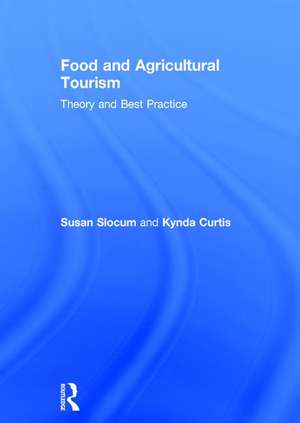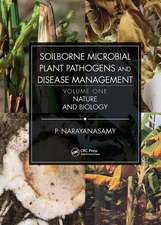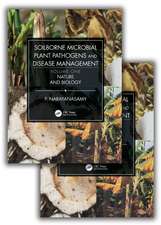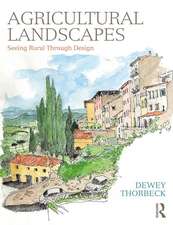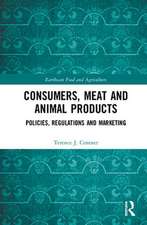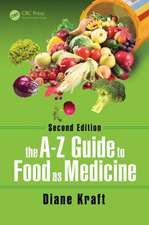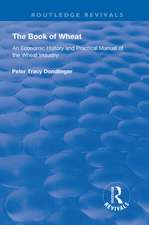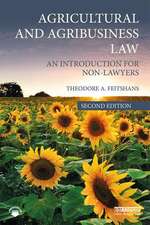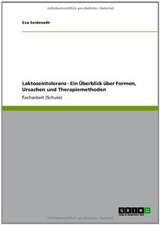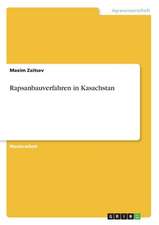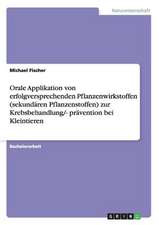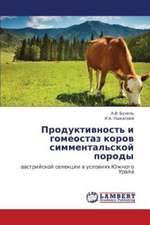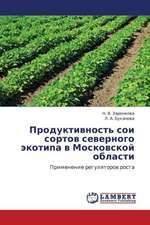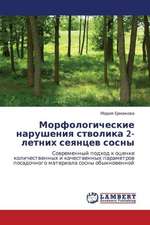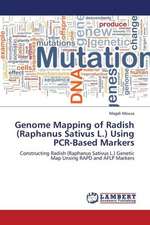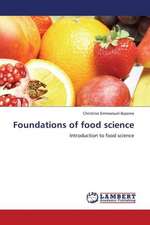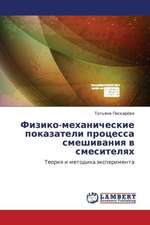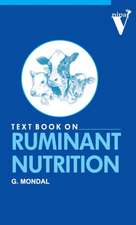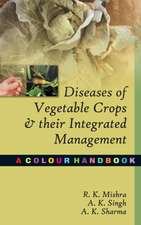Food and Agricultural Tourism: Theory and Best Practice
Autor Susan Slocum, Kynda Curtisen Limba Engleză Hardback – 17 oct 2017
The book is divided into four Parts. Part I defines the elements of food tourism and explains its relationship with sustainability. Part II provides an overview of rural development and demonstrates the impact of industrialization and globalization on eating habits. Part III focuses on food tourism studies and market segmentation techniques to help students understand customer needs regarding food tourism products. Finally, Part IV looks at the financial, policy, and legal requirements relating to food tourism development, providing hands-on tools for students entering food tourism businesses or industries.
Complemented by a wide range of international case studies, key definitions, and study questions, Food and Agricultural Tourism is essential reading for students of tourism, geography, and economic development studies.
| Toate formatele și edițiile | Preț | Express |
|---|---|---|
| Paperback (1) | 300.79 lei 6-8 săpt. | |
| Taylor & Francis – 26 oct 2017 | 300.79 lei 6-8 săpt. | |
| Hardback (1) | 986.91 lei 6-8 săpt. | |
| Taylor & Francis – 17 oct 2017 | 986.91 lei 6-8 săpt. |
Preț: 986.91 lei
Preț vechi: 1328.88 lei
-26% Nou
Puncte Express: 1480
Preț estimativ în valută:
188.87€ • 205.08$ • 158.65£
188.87€ • 205.08$ • 158.65£
Carte tipărită la comandă
Livrare economică 22 aprilie-06 mai
Preluare comenzi: 021 569.72.76
Specificații
ISBN-13: 9781138931091
ISBN-10: 1138931098
Pagini: 262
Ilustrații: 176
Dimensiuni: 174 x 246 x 17 mm
Greutate: 0.45 kg
Ediția:1
Editura: Taylor & Francis
Colecția Routledge
Locul publicării:Oxford, United Kingdom
ISBN-10: 1138931098
Pagini: 262
Ilustrații: 176
Dimensiuni: 174 x 246 x 17 mm
Greutate: 0.45 kg
Ediția:1
Editura: Taylor & Francis
Colecția Routledge
Locul publicării:Oxford, United Kingdom
Public țintă
UndergraduateCuprins
PART I
Food tourism and sustainable rural development
1 Tourism, agriculture, and rural economic development
2 Food tourism and sustainable communities
3 Food tourism offerings
PART II
Evolution of agriculture and importance of food in contemporary culture
4 Globalizing agriculture to feed the world
5 Rural landscapes, heritage, and economic development
6 Modern food movements
PART III
Food tourism markets and targeted destination design
7 Characterizing the food tourist
8 Identifying food tourism markets
9 Developing a food tourism destination
PART IV
Food tourism policy and practice
10 Food tourism policy and governance
11 Safety in food tourism operations
12 Devising the food tourism product
Food tourism and sustainable rural development
1 Tourism, agriculture, and rural economic development
2 Food tourism and sustainable communities
3 Food tourism offerings
PART II
Evolution of agriculture and importance of food in contemporary culture
4 Globalizing agriculture to feed the world
5 Rural landscapes, heritage, and economic development
6 Modern food movements
PART III
Food tourism markets and targeted destination design
7 Characterizing the food tourist
8 Identifying food tourism markets
9 Developing a food tourism destination
PART IV
Food tourism policy and practice
10 Food tourism policy and governance
11 Safety in food tourism operations
12 Devising the food tourism product
Notă biografică
Susan L. Slocum is an Assistant Professor in the Department of Tourism and Event Management at George Mason University, Manassas, Virginia. Sue has worked on regional planning and development for 15 years and worked with rural communities in Tanzania, the United Kingdom, and the United States. Her primary focus is on rural sustainable development, policy implementation, and food tourism, specifically working with small businesses and communities in less advantaged areas. Sue received her doctoral education from Clemson University and has worked at the University of Bedfordshire, UK, and Utah State University.
Kynda R. Curtis is a Professor and Extension Agriculture and Food Marketing Specialist in the Department of Applied Economics at Utah State University, Logan, Utah. She received her Ph.D. in Economics from Washington State University in 2003. Her research interests include international agriculture/food marketing, consumer demand for specialty foods, and behavioral economics. As an Extension Specialist, Dr. Curtis assists small-scale growers in developing new markets for their products and assessing the feasibility of new products and value-added processes. Dr. Curtis has received several awards including Extension group program awards from the Agricultural and Applied Economics Association (AAEA) and the Western Agricultural Economics Association (WAEA) and the AAEA Presidential Recognition Award.
Kynda R. Curtis is a Professor and Extension Agriculture and Food Marketing Specialist in the Department of Applied Economics at Utah State University, Logan, Utah. She received her Ph.D. in Economics from Washington State University in 2003. Her research interests include international agriculture/food marketing, consumer demand for specialty foods, and behavioral economics. As an Extension Specialist, Dr. Curtis assists small-scale growers in developing new markets for their products and assessing the feasibility of new products and value-added processes. Dr. Curtis has received several awards including Extension group program awards from the Agricultural and Applied Economics Association (AAEA) and the Western Agricultural Economics Association (WAEA) and the AAEA Presidential Recognition Award.
Descriere
This book fills a gap in the growing academic discipline of food and agricultural tourism, offering the first multidisciplinary approach to food tourism and the role it plays in economic development, destination marketing, and gastronomic exploration. It provides a comprehensive introduction to the discipline by considering food tourism in connection with both cultural values and important issues in agriculture, food consumption and safety, and rural heritage and sustainability. Complemented by a wide range of international case studies, key definitions and study questions, this is an essential reading for students of tourism, geography and economic development studies.
